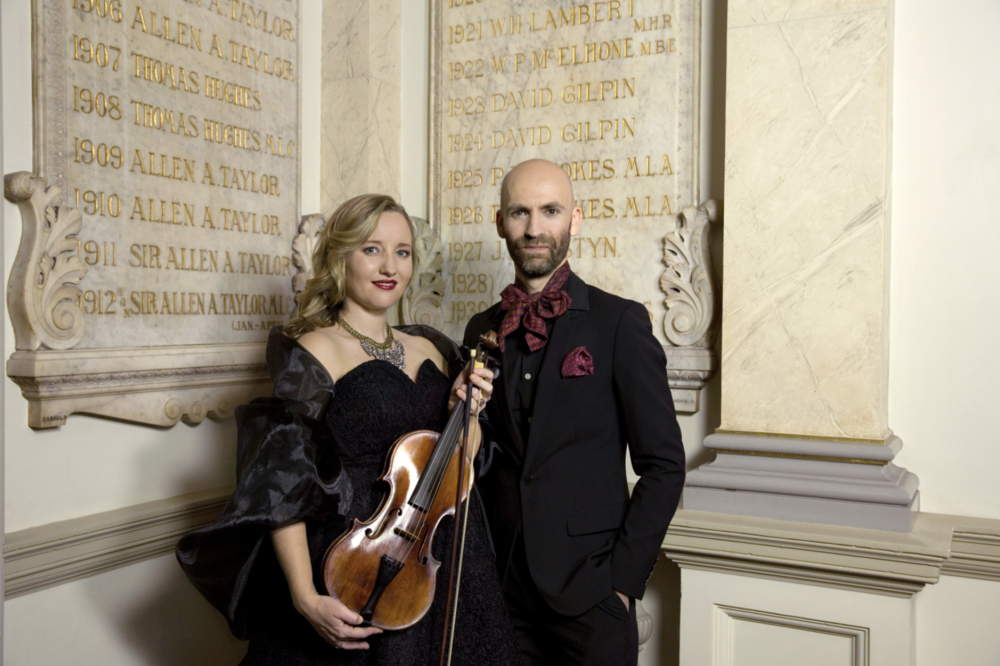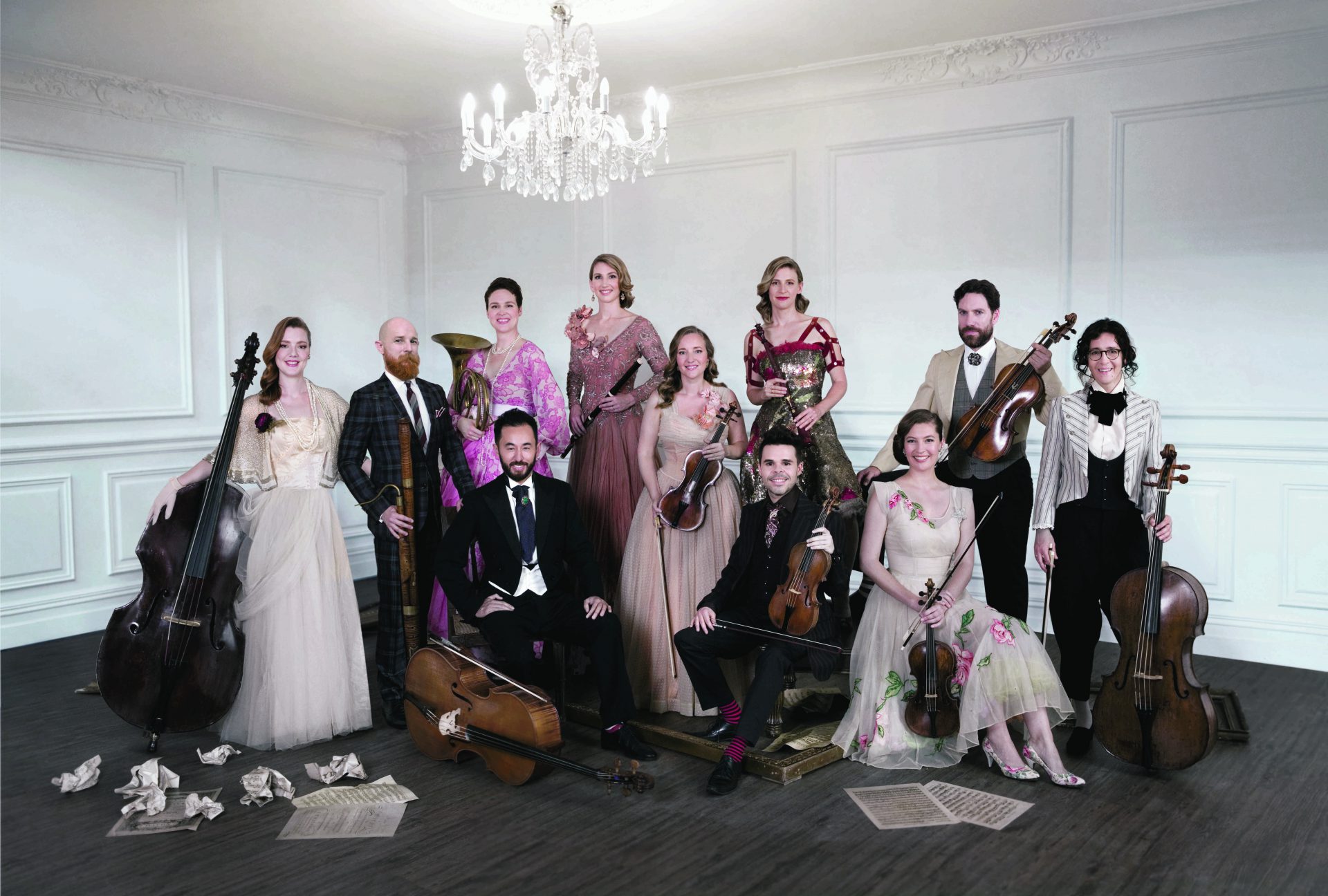Times have changed, but the Haydn Ensemble certainly hasn’t.
Adapting incredibly quickly to an online setting only minutes after government restrictions were reintroduced, the Haydn Ensemble brought, as it always does, the music of Haydn’s time to life with unmatched passion and skill.
The night opened with Boccherini’s third Piano Quintet in E Minor. The piano quintet was an odd choice of musical form – both for the late 18th century and a composer dedicated to strings almost exclusively throughout his life – but Boccherini imbued it with his idiomatic Rococo charm and lightness. The Ensemble punctuated the rather languid Andante lento, replete with Viennese sighs, with the stark contrasts of loud and soft so characteristic of Boccherini’s style. The Minuet is coloured by streaks of that great Spanish stride Boccherini picked up in his later years, with such passages played with great energy and in a sweet cantabile style by Skye McIntosh. That Spanish influence is made more stark in the Provensal – perhaps the most inventive movement of the five. Fiery arabesque passages (which the Ensemble often accentuated with slight accelerandos) were played spectacularly on fortepiano by Erin Helyard – a great standard-bearer of historical performance in Australia – tempered by witty exchanges of light-hearted turns on the violins by McIntosh and Matthew Greco.

Next was Mozart’s Piano Concerto No 6 in B-flat major. It was originally scored for flutes, oboes, horns and strings, and the keyboard part may have been played on harpsichord rather than fortepiano given it was composed quite early in the 1770s, when Mozart was only 20. Yet, the Ensemble’s more intimate setting was more consonant with the first movement’s light galant style. Virtuosic fortepiano cadenzas redolent of the demanding keyboard solos of the Baroque were played with great affect and ease by Helyard, including rather stormy broken minor-chords. The more contemplative second movement, which featured pizzicato by violist Karina Schmitz and cellist Daniel Yeadon, oscillated rapidly between major and minor mode, giving something of an aural chiaroscuro effect – a ‘technique’ which finds its origins in Scarlatti’s keyboard works and would become a hallmark of Mozart’s later style. Helyard’s trills were always light and delicate, never forceful. The third movement, a Rondeau, was by far the most virtuosic, and the bright broken chords played repeatedly on the right hand by the fortepiano (and imitated in the strings) looks back somewhat to Couperin’s Le Reveil-matin.
Haydn’s Tempora mutantur (Symphony No 64) is not what one often associates with Haydn. For one, the opening is something of an inversion of Haydn’s style in former symphonies, beginning pianissimo only to be answered later by an outburst in tutti. The uncharacteristically brooding nature of the some of the passages in the first movement may have been inspired by the more pessimistic version of the eponymous Latin adage known to Haydn, which concluded: Fit semper tempore peior homo. Shimmering tremolos, perhaps evocative of the winds of change, were played dazzlingly by the violins and Daniel Yeadon on the cello crisply articulated the reinventions of the theme. Melissa Farrow on the flute gave a light and breezy affect to the whole piece. The second movement, replete with interrupted cadences and incomplete phrases, is perhaps deliberately uncertain and discontinuous in form (evocative of the title), and the Ensemble realised this by extending the rests to make the discontinuities more stark. The final movement opens with a delightfully sinuous theme on the violin answered by whimsical staccato passages. The transition from stately minuet to presto is a testament to Haydn’s inventiveness and to the Ensemble’s mastery of rapid stylistic contrasts.
